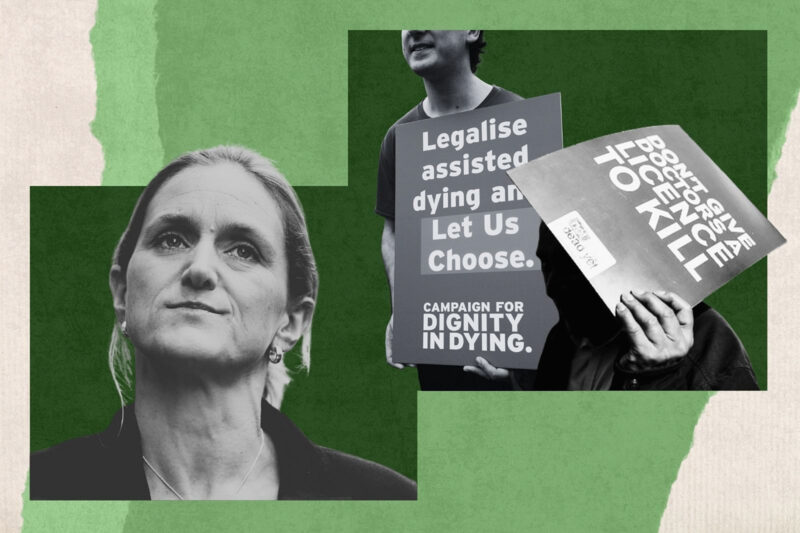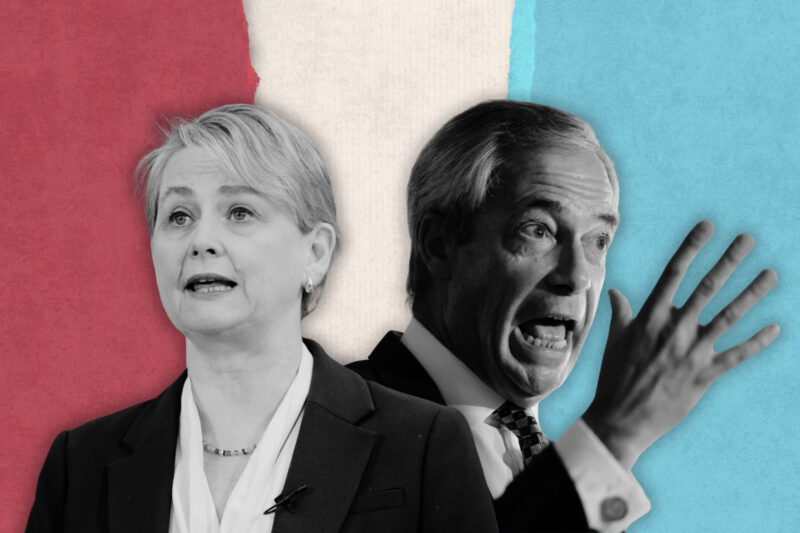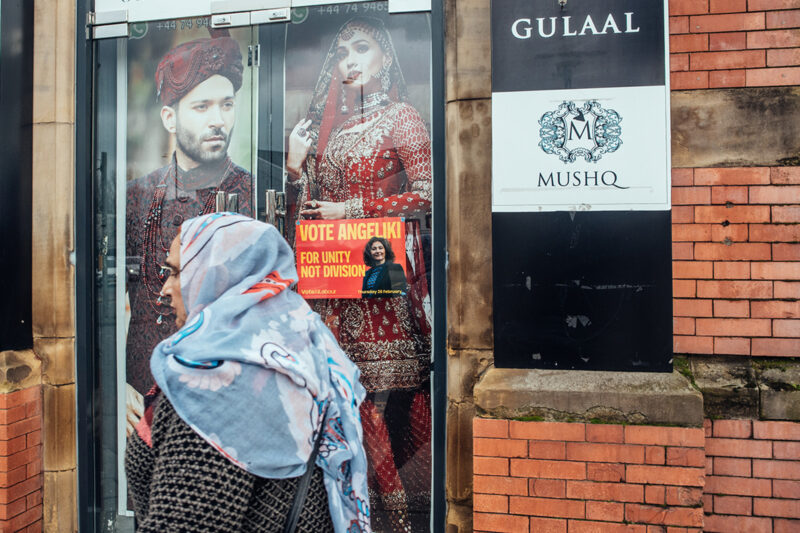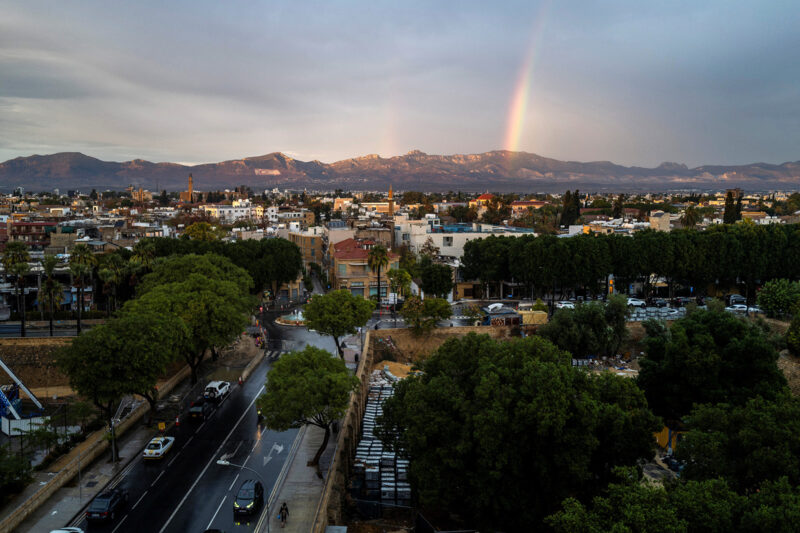Labour sides with Tories in court over anti-protest laws
Home secretary Yvette Cooper to continue Conservatives’ challenge to High Court ruling that backed Liberty

The Home Office has said it will back a controversial Tory anti-protest law at the High Court by continuing with an appeal lodged by the previous government.
A group of Palestine Action protesters was targeted under the new law weeks after Israel began bombing Gaza last year, while climate protests have also been restricted. Ben Jamal, director of the Palestine Solidarity Campaign, which helped organise the huge pro-Palestine protests that have taken place in London since October, said the news raised “significant concerns about this Labour government’s commitment to protecting core democratic freedoms”.
Judges sided with the civil rights charity Liberty in May, finding that the then Conservative government had acted unlawfully in creating legislation that gave the police “almost unlimited” powers to restrict protests. Then home secretary James Cleverly lodged an appeal against the ruling on the eve of the general election — and today Liberty confirmed that his successor, Labour’s Yvette Cooper, would continue to fight the case.
Liberty director Akiko Hart said: “We are very disappointed that, despite a positive discussion about the impact of the unlawful regulation, the home secretary has taken the decision to continue this case. This legislation is undemocratic, unconstitutional and unacceptable.”
The laws, conceived by Suella Braverman when she was home secretary, significantly lowered the threshold for police to intervene in protests, giving them powers to restrict or shut down anything that caused “more than minor disruption”. The previous threshold was anything that caused “serious disruption”.
Braverman had to use secondary legislation — a type of lawmaking that is subject to less parliamentary scrutiny — to force through the new rules after MPs voted them down. A cross-party parliamentary committee at the time said that it was the first time secondary legislation had been used to make changes to law that had already been rejected by parliament. In its court case Liberty argued that such a move was unlawful.
The hearing, with a Labour home secretary now named as the appellant, is expected to take place later in the year.
The decision follows Labour’s new attorney general, Richard Hermer KC, stating in July that he would “seek to increase accessibility and certainty in how we make law, including not abusing the use of secondary legislation”.
Kevin Blowe from police monitoring group Netpol told Hyphen: “This is what we’ve been trying to tell everybody — that there is an underlying and deeply authoritarian streak within Labour and a willingness to give the police pretty much whatever they want. Any expectation that this government might be better than the last government in relation to our rights to go out and demonstrate is massively misplaced.”
The measures have already led to hundreds of arrests and convictions. Climate activist Greta Thunberg was among those targeted, only to be acquitted of all charges in a hearing in February.
Hart expressed her concern about Labour’s decision to continue with the appeal and told Hyphen the new definition of “more than minor” is “so broad and unworkable that anyone making their voice heard about the issues that matter to them, whether on climate change or the conflict in Gaza, can be unlawfully silenced”.
Blowe agreed: “With Palestine marches, what the police has been able to do is make arrests more quickly and more easily because of the particular clause which defines series disruption as anything meaning anything more than a minor inconvenience.”
A Home Office spokesperson said: “The right to protest is fundamental to our democracy, and all public order legislation must balance this right.
“However, we disagree with the court’s ruling in this case and have appealed their decision.”
 Newsletter
Newsletter













